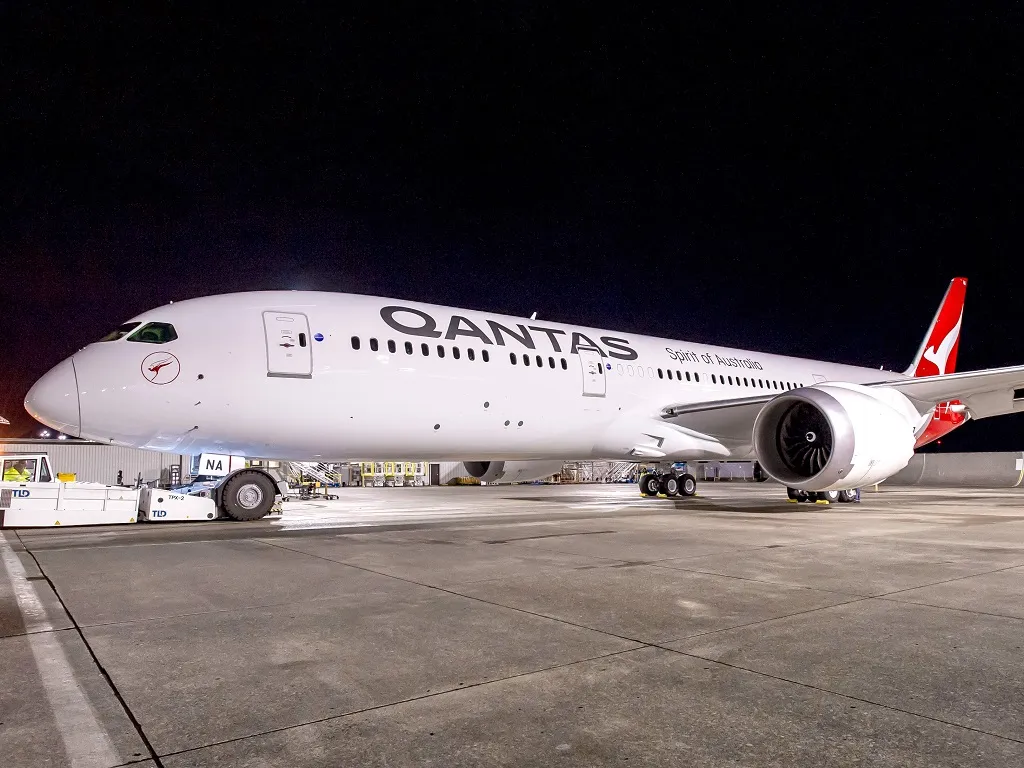
Qantas flies into turbulence over tired 787 cabin crew
May 18, 2018

Qantas has faced challenges with its Boeing 787 cabin crew, leading to operational disruptions and concerns about crew fatigue. Reports indicate that many flight attendants are experiencing exhaustion due to demanding schedules and a lack of adequate rest periods. This situation has prompted discussions about the airline's staffing practices and the impact on passenger experience. As Qantas strives to maintain its reputation for safety and service quality, addressing crew well-being has become a priority. The airline is exploring solutions to ensure that its cabin crew are well-rested and capable of delivering the high standards expected by travelers.
The recent operational challenges faced by Qantas Airways have prompted significant discussions in the aviation industry, particularly regarding the fatigue levels of their Boeing 787 cabin crew. As the airline aims to maintain its high standards of service, the wellbeing of its employees is paramount. This article delves into the implications of crew fatigue, including its causes and potential solutions, while also highlighting the importance of effective communication and operational efficiency in the aviation sector.
Understanding Crew Fatigue
Crew fatigue is a growing concern in the aviation industry, significantly impacting safety, employee performance, and customer satisfaction. The workload for cabin crew can be intense, especially on long-haul flights. Cabin crew members are often required to be alert and attentive for extended periods, which can lead to physical and mental exhaustion.
Fatigue can stem from various factors, including:
- Long duty hours
- Insufficient rest periods
- Irregular flight schedules
- Time zone changes
Impact on Qantas Operations
The implications of crew fatigue at Qantas are far-reaching. It not only affects the health of the cabin crew but also the overall operational efficiency of the airline. When crew members are tired, it can lead to:
- Increased likelihood of errors
- Compromised passenger safety
- Declined customer service quality
- Higher employee turnover rates
Current Challenges Faced by Qantas
Qantas has recently faced scrutiny regarding its handling of cabin crew fatigue. Reports indicate that many employees have expressed concerns over long working hours and inadequate rest periods. This has raised alarms not only within the airline but also among industry regulators and safety advocates.
To better understand the situation, the following table outlines key incidents reported by cabin crew regarding fatigue:
| Incident Type | Reported Frequency | Impact on Operations |
|---|---|---|
| Delayed Flights | 30% | Increased customer complaints |
| Safety Protocol Breaches | 15% | Regulatory scrutiny |
| Employee Sick Leaves | 20% | Staff shortages |
Possible Solutions to Combat Crew Fatigue
Addressing crew fatigue requires a multifaceted approach. Here are several strategies that Qantas could implement to enhance the wellbeing of its cabin crew:
- Regular Assessment of Work Hours: Implementing stricter guidelines on maximum working hours and ensuring adequate rest periods between flights can help reduce fatigue.
- Training and Awareness Programs: Providing training for cabin crew to recognize signs of fatigue and the importance of self-care can empower employees to prioritize their health.
- Flexible Scheduling: Offering flexible work schedules that accommodate the personal needs of crew members can improve job satisfaction and reduce burnout.
- Enhanced Communication Channels: Establishing open lines of communication between management and cabin crew can facilitate discussions about fatigue and lead to effective solutions.
The Role of Employee Feedback
Employee feedback is critical in identifying areas that require improvement. Qantas can benefit from conducting regular surveys to gauge the levels of fatigue among its cabin crew. By actively seeking input from employees, the airline can develop targeted strategies that address their specific needs and concerns.
Listening to cabin crew experiences can lead to:
- Improved morale among staff
- Increased loyalty to the airline
- Enhanced performance and service delivery
The Importance of Operational Efficiency
Operational efficiency is essential for any airline, and addressing crew fatigue is a vital component of this. By investing in the wellbeing of cabin crew, Qantas can enhance its operational capabilities, leading to:
- Fewer flight delays and cancellations
- Improved safety records
- Higher customer satisfaction ratings
In conclusion, as Qantas navigates the challenges posed by cabin crew fatigue, it is crucial that the airline prioritizes the health and wellbeing of its employees. By implementing effective strategies and fostering a supportive work environment, Qantas can ensure that it continues to deliver the high level of service that passengers expect while safeguarding its operational integrity.
Related Articles

Explore Thailand: The Best Islands to Visit for Paradise, Adventure, and Relaxation

The Ultimate Guide to the Best Islands in Thailand for Your Next Getaway

Do babies need passports? How to get a passport for a newborn

How to get a U.S. passport fast: here’s how to expedite the process

What is Mobile Passport Control: 5 reasons why you should use it

SENTRI vs. Global Entry: A detailed guide

Do you need a passport to go to the Bahamas? Let’s find out

Do you need a passport to go to Mexico? A detailed guide

Do you need a passport to go to Canada? We got the answer

Do You Need a Passport for a Cruise: An Essential Travel Guide

Booster Seat Requirements: All the Rules to Follow in Your Rental Car

What Are the World’s Most Powerful Passports, and How Does Yours Rank?

How to Take a Passport Photo at Home: A Helpful Guide

You've got to have heart! Southwest's new livery

Your opinion: Should water be free on low cost carriers?

Young women bolder than guys as solo travellers
